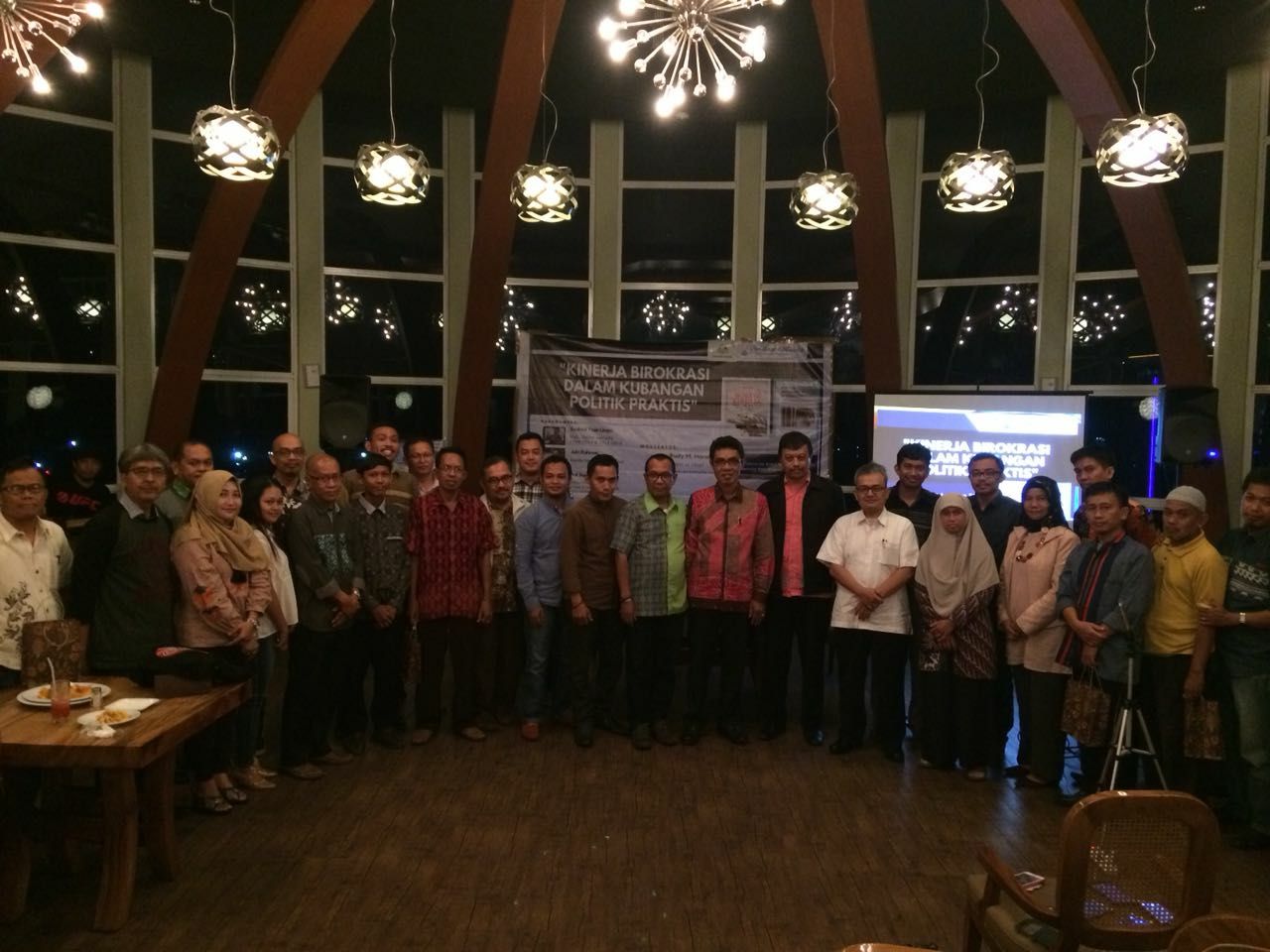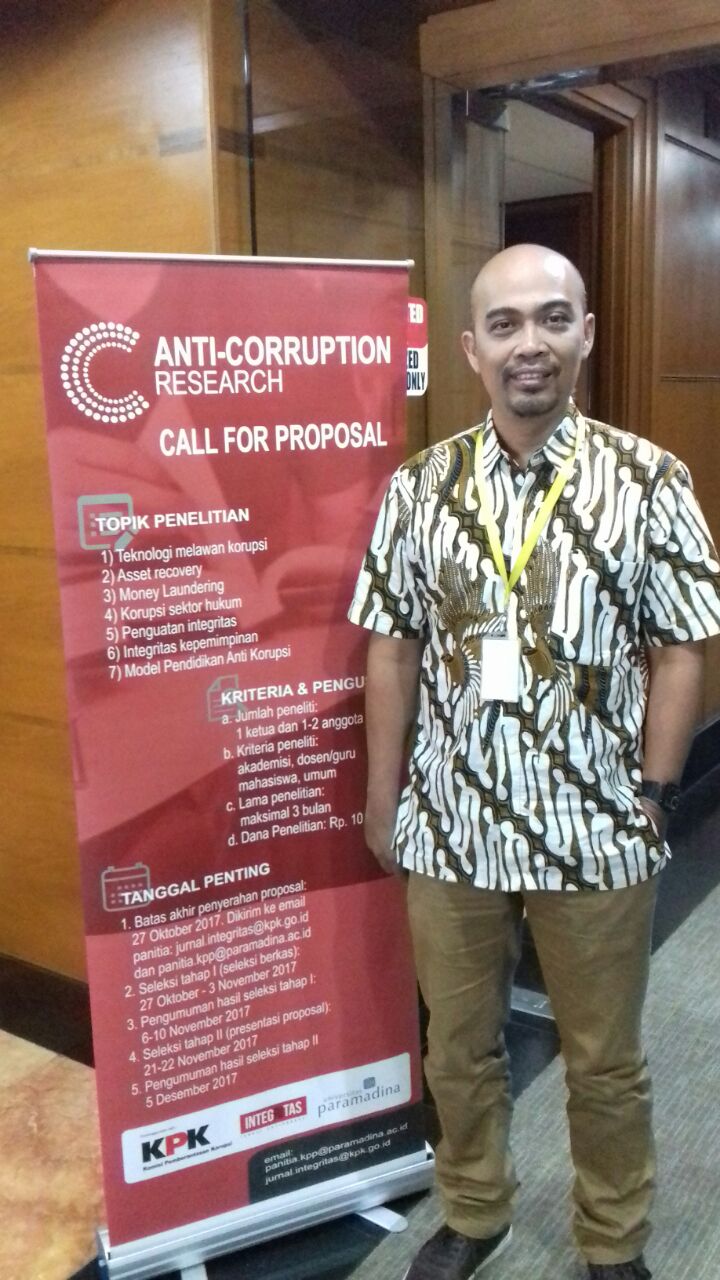
Since 2022, Monkeypox (Mpox) has caused 234 deaths globally. As of August 2024, the number of Mpox cases has surged by 15.6% compared to July, with over 106,310 confirmed cases across 123 countries. In response to the rapid spread, the World Health Organization (WHO) reinstated Mpox as a Public Health Emergency of International Concern (PHEIC) on August 14, 2024.
In Indonesia, the situation remains comparatively stable, with 88 reported cases, the latest in July 2024. These cases are spread across six provinces: Jakarta (59 cases), West Java (13), Banten (9), East Java (3), Yogyakarta (3), and the Riau Islands (1). Genome sequencing has revealed that all cases in Indonesia are caused by the Clade II strain, which is less contagious and less fatal than the Clade I strain that caused severe outbreaks in Africa.
Thankfully, all those infected in Indonesia have recovered, but the question remains: can we afford to let our guard down?
Lessons Learned from COVID-19
The Indonesian government has drawn crucial lessons from the COVID-19 pandemic, shaping a more cautious and proactive response to Mpox. The Ministry of Health has implemented several precautionary measures, including nationwide surveillance, close cooperation with HIV/AIDS communities for contact tracing, and establishing 12 laboratories for Mpox testing.
Whole genome sequencing (WGS) is also being used to monitor the virus strain. Additionally, a targeted vaccination campaign has been in place since 2023, focusing on high-risk groups. In 2023, 495 people were vaccinated, with plans to vaccinate 2,225 more in 2024, each receiving two doses.
Due to limited vaccine availability and WHO’s recommendation against mass vaccination, the Indonesian government has chosen to vaccinate only high-risk groups, particularly men who have sex with men (MSM) and close contacts of infected individuals.
The Ministry of Transportation has also taken steps to prevent the spread of Mpox through international travel. A new regulation mandates the use of the “SatuSehat Health Pass,” requiring international travellers to fill out a health declaration before departing from their country of origin. Upon arrival, officials check the Health Pass and conduct health screenings.
If any suspect, probable, or confirmed cases are found, the airlines are notified to identify close contacts, and those travellers are treated at healthcare facilities. Others receive a health alert card and are monitored for 21 days. This is a significant departure from the early days of COVID-19, when Indonesia’s government was criticized for not implementing effective tracking and screening measures for international travellers.
Corrective measures have also been introduced to treat infected individuals based on the severity of their symptoms. Those with mild symptoms are allowed to self-quarantine under the supervision of local health facilities, while severe cases are treated in hospitals. Furthermore, the Ministry of Health has designated 132 hospitals across the country to treat Mpox and other emerging infectious diseases.
Incoming Risks
Despite the government’s efforts, there are several risks that must be addressed. First, there is the issue of stigma associated with the sexual transmission of Mpox. WHO data reveals that 84% of Mpox cases are related to sexual encounters, with 85% of cases involving MSM. This has led to the misconception that Mpox only affects people who engage in same-sex sexual activity, creating a false sense of security for those outside this demographic.
However, Mpox can be transmitted through direct contact with an infected person or contaminated objects such as bedding, towels, and utensils. The infection period can last up to four weeks, beginning before symptoms appear. It is crucial for the public to understand that anyone can contract Mpox, regardless of their sexual behaviour.
Moreover, Mpox presents a heightened risk to people living with HIV. WHO data shows that 51.8% of confirmed Mpox cases involve individuals with HIV, a group already facing social stigma. Denying them medical assistance could worsen their condition, leading to severe health outcomes and even death. In extreme cases, stigmatization could result in violence, increasing the risk of virus transmission due to closer physical contact.
Another significant challenge is the growing distrust of healthcare workers. Recent cases of bullying and patient privacy breaches have raised concerns about whether doctors can be trusted to handle sensitive medical information responsibly. If this distrust grows, it could deter infected individuals from seeking necessary treatment, exacerbating the public health crisis.
Finally, the upcoming holiday season poses a significant risk. Christmas and New Year celebrations typically lead to an increase in travel. Data from Statistics Indonesia shows that domestic and international trips during December 2021-2023 rose by 3%-10% and 8%-35%, respectively.
International tourists from countries like China, the U.S., the U.K., and France—where Mpox cases are among the highest—are expected to visit Indonesia in large numbers. This influx of travellers increases the likelihood of the virus spreading further within the country.
The Path Forward
To strengthen Indonesia’s preparedness and mitigate the spread of Mpox, the government must prioritize preventive measures.
First, the surveillance system could be improved by enhancing the effectiveness of the Health Pass. The Ministry of Health should collaborate with immigration authorities, airports, and airlines to promote the use of the Health Pass and ensure that all international travellers and returning Indonesian citizens are monitored during their stay in the country.
Second, public awareness campaigns about Mpox must be intensified. Information about the virus’s transmission methods, symptoms, and when to seek medical help should be consistently disseminated across multiple platforms, including television, radio, and streaming services. This will help keep the public vigilant and reduce the spread of misinformation.
Lastly, it is vital to ensure that no one is discriminated against when seeking medical assistance for Mpox, regardless of how they contracted the virus. Guaranteeing access to healthcare for all individuals, without stigma, will be essential in preventing the spread of the virus and ensuring timely treatment for those who need it.
By taking these steps, Indonesia can continue to effectively manage the Mpox outbreak and protect public health.















0 Comments